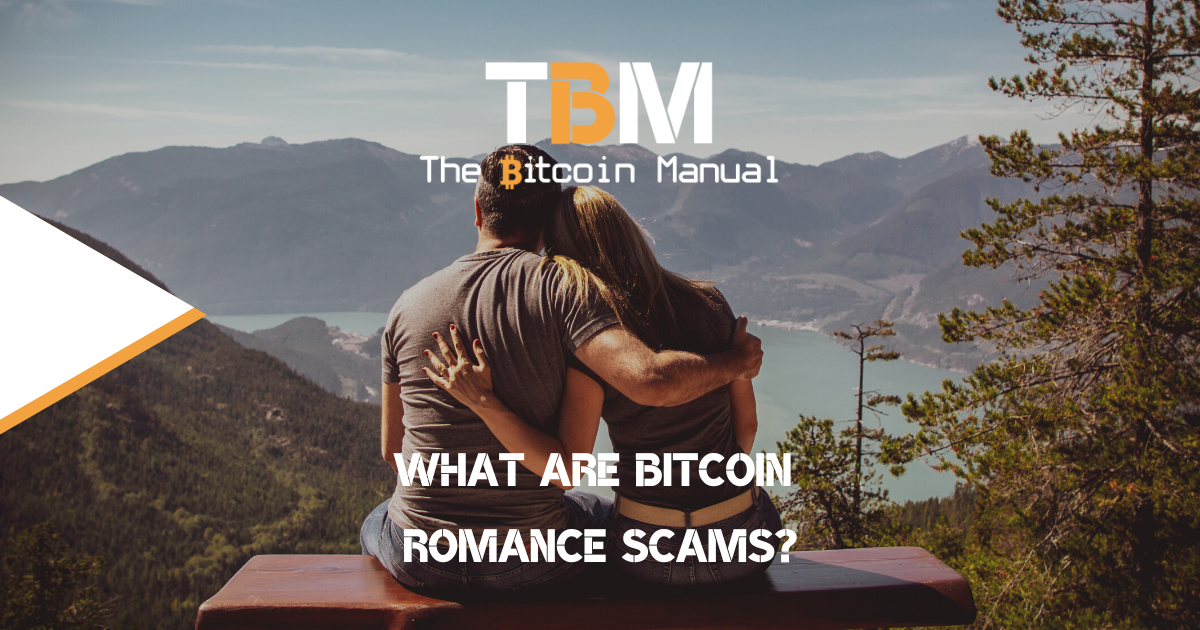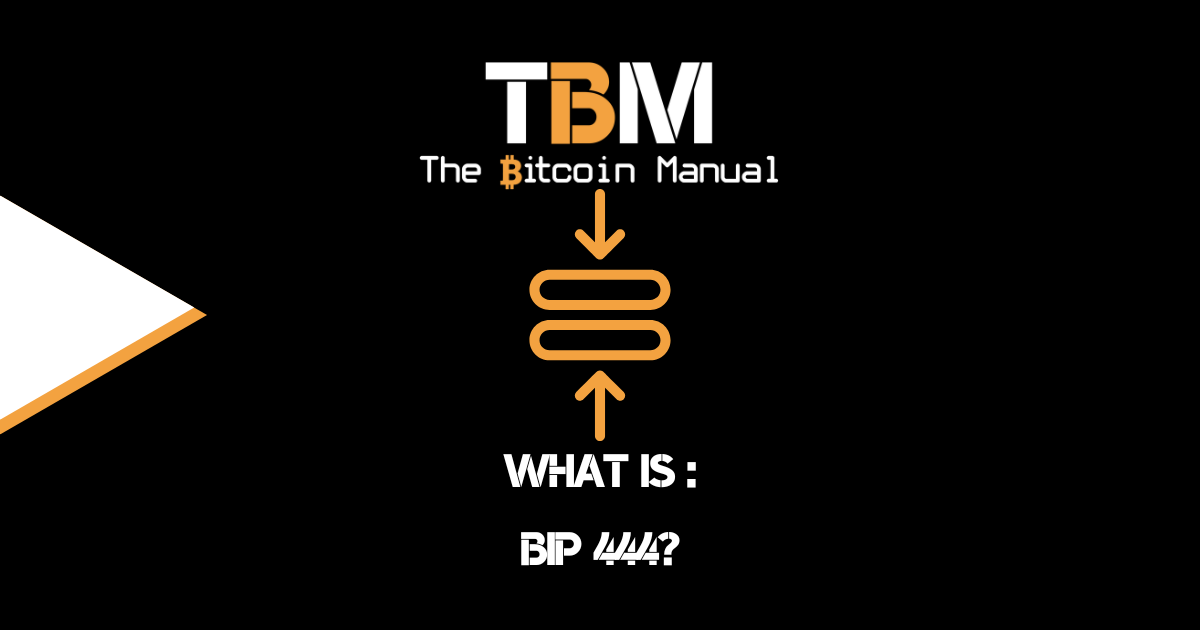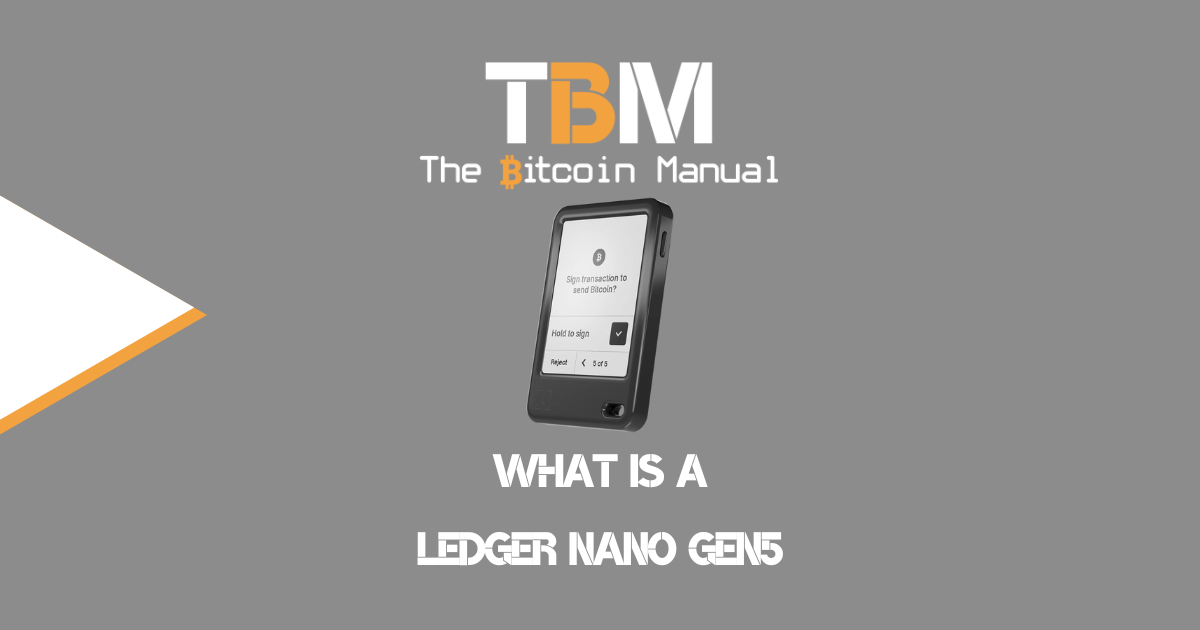In today’s high-time preference world, where is seemingly an app or website for everything, it’s not hard to see why so many people are trying to outsource parts of their daily life. If you can order your clothes and food or even do your work online, why can’t you find a partner online? Now, this isn’t a dig at online dating; many people find it useful in sorting for people by certain interests and finding potential partners.
While apps like Tinder and Bumble might come to mind when thinking of dating apps, there are over 8000 services today, all with their own niche, be that by region or interests. The dating market and commodification of finding a partner is big business; according to Statista, revenue generated in the online dating segment is projected to reach US$3.01bn in 2023.
Dating apps not only help the customer of the app filter for potential mates, but they also create a honeypot for people who are open to talking to strangers and willing to open up emotionally, which can lead to them dropping their guard and opening up their wallet not only to dating service providers but those they meet online.
The normalisation of meeting people online has seen dating apps and social media sites take on the role of vetting users, of which they do an awful job. Shockingly despite all the scams and catfishing online today, people continue to trust and not verify.
If you’re a scam artist looking for your next set of victims, dating apps make for a lucrative hunting ground. Online romance scams and cyber fraud are nothing new. Still, the dawn of internet native money in bitcoin has lowered the barrier to accessing the funds of those emotionally attached to their online crush.
What is a romance scam?
An online romance scam is a criminal operation where the individual or syndicate seek out the most vulnerable users they can find on various dating sites or social media apps. In some cases, they could be using some elements of truth, like their pictures and their profession and mix it in with lies to provide a fleshed-out persona that they can recall quickly and maintain the rouse without too many mistakes.
In other cases, the bad actor would create a fake but extremely detailed and convincing online identity that includes a name, location, photograph, profession, etc. They would often source this information from another website, for example, Facebook and then recreate that person’s account on a dating app.
These scammers then proceed to find potential targets and develop a relationship with this person and pretend to fall in love, gaining the target’s confidence before finding ways to ask the love interest for money. Sometimes, it can be a few dollars before the user cuts them off, but there have been cases where romance scam victims are taken for their entire life savings.
Typically, these relationships remain online and end when the abused person refuses to send any more money, realises it’s all a scam and cuts off the perpetrator or flags the account with the dating site.
The painful reality behind romance scams is not only was your trust abused and your heart broken, but since actions undertaken by the victim are usually voluntary, even under false pretences, there is far less recourse for justice than with most theft or crime.
This grey area in prosecuting romance scams has seen the practice grow to account for 24% of all fraud committed on social media and is a growing concern.
How romance scams work
Romance scams can come in varying degrees based on the size of the operation and how experienced the scam artist is in covering their tracks. The elite romance scammers will first source a provider for content; this could be using platform arbitrage; they could grab a woman’s profile from a Russian social media site Vkontakte, which they know their marks will not frequently and use this unsuspecting person’s profile as the foil for their plans on another dating site or social media site.
In certain cases, these profiles can be flagged by the owner, so some scammers will even pay these account holders to use their images. Alternatively, the man or woman in the photo would be in on the scam; they simply wouldn’t be doing the communicating.
Once the scammer has sourced their content, they can go ahead and develop fake online profiles and begin reaching out to people on the apps and attempt to develop a relationship. Using dating apps like Tinder is often easier because the marks will contact you, while social media apps, they’ll have to attract followers through commenting on popular content.
Once the profile has sourced several targets, the scammer will begin to profile the most vulnerable and test their willingness to engage with the profile. The scammer may claim to live in another country, but they are interested in meeting and taking the relationship to another level.
They may also suggest you move your “relationship” to a private channel like email or a chat app. These are all qualifying filters to see how willing you are to pursue this relationship.
When the time is right, the fraudster poses an urgent request for money and requests you send money via gift cards, prepaid debit cards, or bitcoin. The reason they ask for these payment methods is due to the lack of KYC needed to use these payments.
If you think that the only way to get your funds is by sending it because you’re head over heels, think again; some romance scams are far more advanced, and fraudsters might have even created white-label apps to track your data.
They may request that you move your conversation to another app and encourage you to install fake or encrypted apps on their smartphones that leave them open to theft.
Romance scams are one form of social engineering.
Dating and romance scams are types of social engineering attacks which are highly prevalent in the bitcoin and shitcoin market. Influencers use social engineering, shitcoin communities use social engineering, pump and dump groups use it, trading and signal groups use it, info product and course, snake oil salesmen use it in some shape or form.
While you might be in a loving relationship where you can avoid being pig butchered, don’t think you aren’t currently in some form of social engineer’s funnel waiting to get whacked on the wallet.
All social engineers’ techniques rely on psychological manipulation tactics that exploit human vulnerabilities rather than the technical hacking prowess that might exploit structural weaknesses in a network or computer code.
When it comes to romance scams, operations tend to work in teams, with each team member fulfilling a different behind-the-scenes function.
Team members could consist of:
- Your crush.
- Fake friends or family accounts to provide social proof.
- Fake third parties, like loan sharks and government institutes like passport offices or bank managers. These fake accounts help create communication records and paperwork that facilitate setting up the request for money.
Fake romance scams can be lucrative for scammers, so they are creative and can come up with all sorts of stories to see what works for you; they will tailor a story that pulls on your morality and is generally patient and persistent. It’s not uncommon for romance scam victims to repeatedly send funds over an extended period for various reasons.
The scammer has likely spent time and energy researching their target on dating apps or other types of social media, and they require a return on that investment. They’re in it to steal as much money as possible from a victim, so they’ll often take their time and keep that relationship alive as long as the target continues to send bitcoin.
If you are doing online dating, don’t trust; verify!
If you’re looking to avoid being the next victim of a Tinder-Swindler but still wish to use dating sites, then you need to practice hyper-alertness when using these services and look out for certain red flags.
- The scammer and victim never meet in person. A scammer might make excuses about why a face-to-face meeting can’t happen.
- A romance scammer is often always online or always available
- A romance scammer generally won’t agree to a video call, but if they do, they might make the picture fuzzy, dark, or otherwise hard to see; they also could adjust the audio to be hard to hear or to be disrupted in some other way, complaining of poor technology.
- A scammer isn’t open to conflict. If questioned about inconsistencies, they might do something uncharacteristic, like disappear from the dating site for a long time without responding to the victim’s messages.
- The scammer begins to voice their concerns regarding money problems very early on in the “relationship.”
- The scammer will constantly question your commitment based on your willingness to provide monetary support.
- The scammer is unwilling to provide personal information you can independently verify, like where they attended school, university or job occupations.
- The scammer insists you download a certain app to continue the conversation.
- A reverse image search brings up inconsistent results or no results at all.
- The scammer tries to move the relationship too fast or love bombs you.
- Their profile data is extremely generic, like “Entrepreneur in NYC.”
- They claim to be from a native English-speaking country, but the spelling and grammar are totally off.
- Calls are routed through strange phone number formats
If you experience these or any other potential signs of a romance scammer, it might be wise to consider disassociating yourself from the related person.
If they love you, they won’t want your bitcoin.
So many romance scammers are opting to use bitcoin because of its ability to move across borders in an instant and the liquid market they can sell into in their native country.
In addition, when tied to a fake profile, bitcoins’ pseudonymous nature is a pretty solid cover-up should they wish to cover their tracks once the scam unravels.
Finally, bitcoin remains an attractive payment method for romance scammers due to transaction finality. Once you perform the transaction, there is no way to reverse it, unlike with fiat rails, where some protections are available.
So be careful when interacting with anyone you meet online, especially when the topic of money comes into the conversation. A general rule of thumb is not to send money to people you’ve never met, but this is ultimately up to you to decide. If this person was indeed in a financial pickle they could not get out of, and you were their only hope, they wouldn’t need you to send bitcoin; they would be okay with a KYC service like a bank tied to an identity that authorities could trace.




